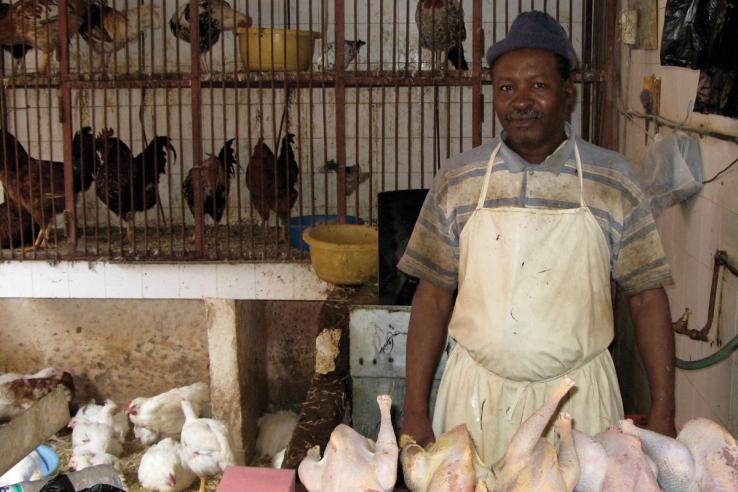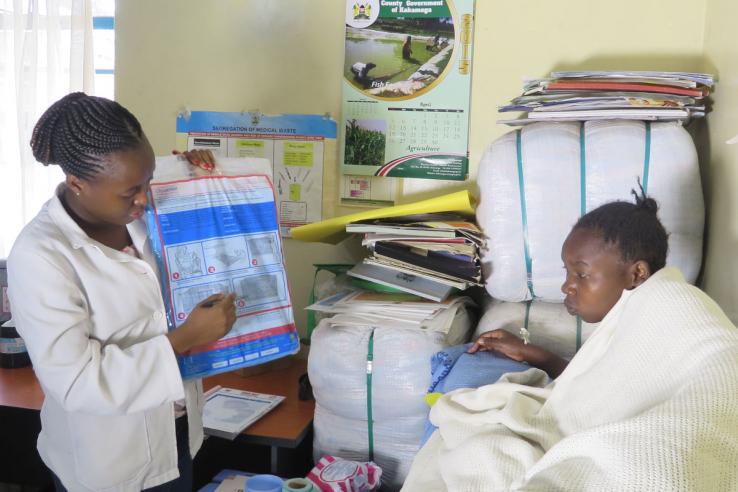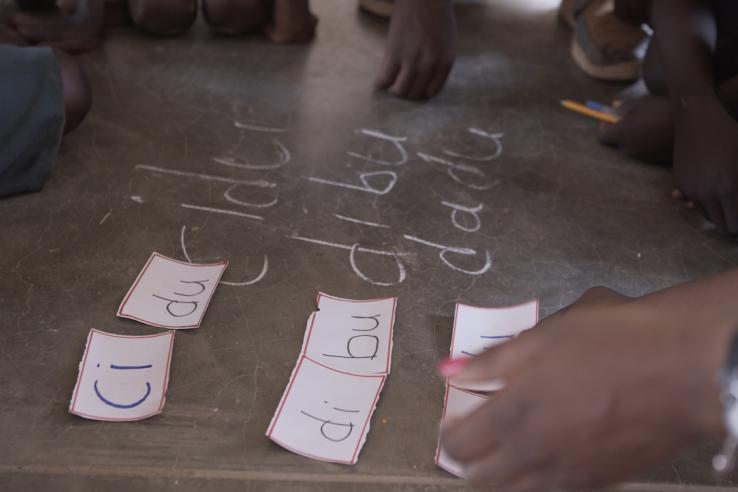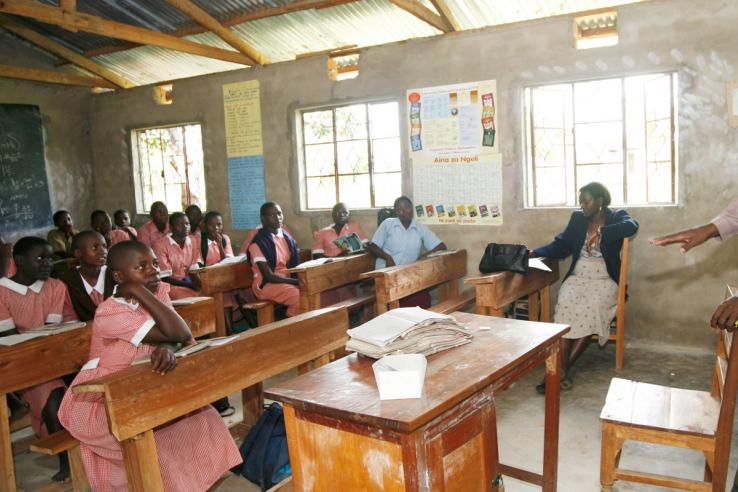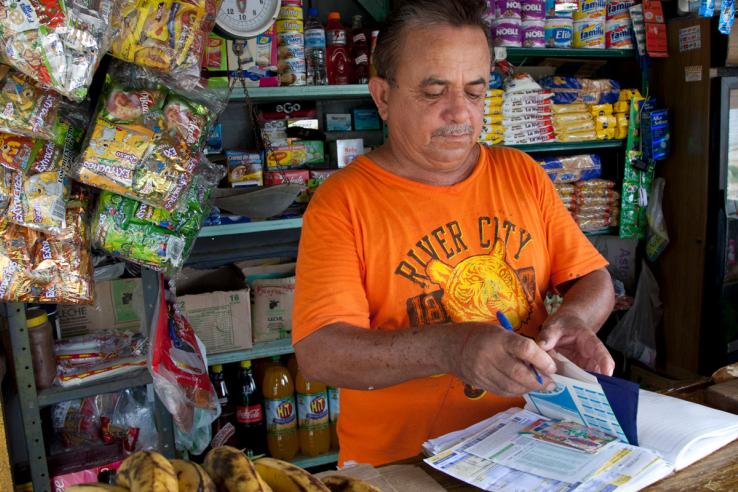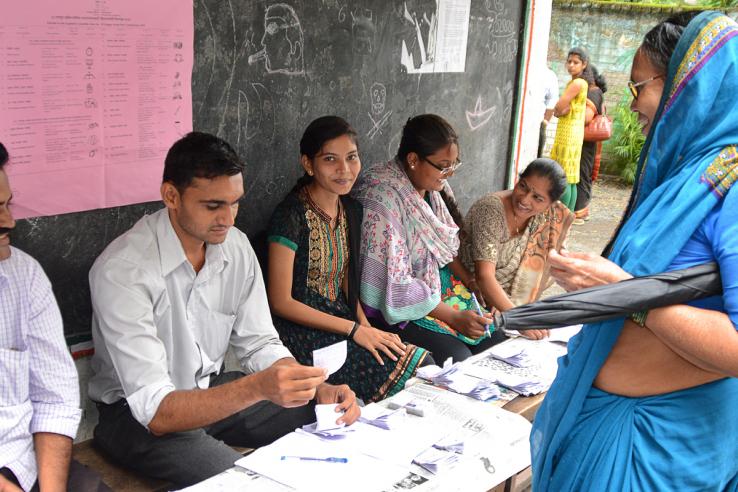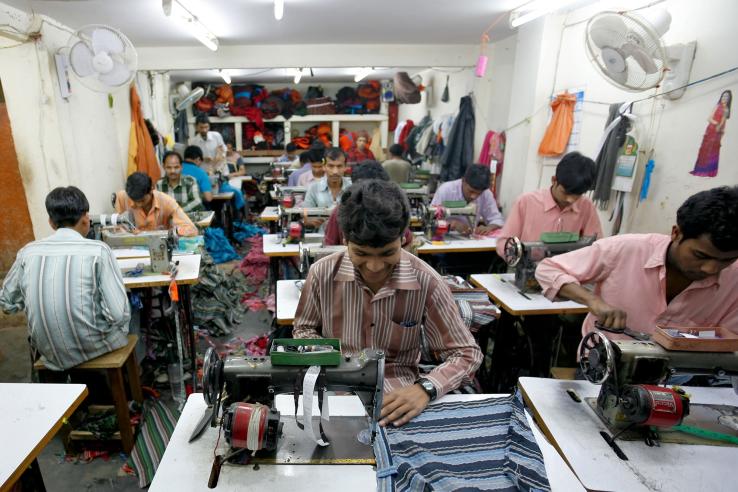Displaying 1756 - 1770 of 8331
Person
Anna Schickele is a Policy Manager at J-PAL LAC in Santiago, Chile, where her work focuses on promoting the scale-up of successful programs and tracking J-PAL’s policy influence in the region.
Policy insight
Providing people with information about their energy or water use compared to their neighbors and tips about how to conserve consistently reduced consumption by small amounts in many contexts.
Policy insight
Findings on the impacts of microcredit continue to evolve. Early evidence from randomized evaluations in low- and middle-income countries showed that the classic microcredit model did not lead to transformative impacts on income or consumption for the average borrower across many contexts. However...
Policy insight
Programs focused on reducing job search barriers often improve job seekers’ employment outcomes. These programs can help job seekers increase their search effort, identify where and how to look for jobs, surmount geographic and financial obstacles to finding a job, and communicate qualifications to...
Policy insight
Charging fees for many key preventive health products dramatically reduces take-up. Preventive health products distributed for free are generally put to good use.
Policy insight
Randomized evaluations show strong evidence of hiring discrimination against minority and underrepresented groups in many countries, with most evidence so far coming from developed countries. Where it has been tested using randomization, removing identifying information on job applications had...
Policy insight
In classrooms around the world, many students are not learning at grade level and struggle to catch up. Dedicating a portion of instruction time to tailoring instruction to the learning levels of students is one of the most effective and cost-effective ways of improving learning. Tailored...
Policy insight
Interventions that changed perceptions about girls’ abilities and opportunities or increased the educational and economic opportunities available to them encouraged girls and young women to delay pregnancy.
Policy insight
Interventions that address perception gaps about the benefits of education or make the benefits more salient can increase student participation at low cost. In contrast, increases in the quality of education can be difficult for parents to accurately perceive and thus do not necessarily lead to...
Policy insight
Product and market innovations that generate more information about borrowers, reduce transaction costs, and encourage repayment all address factors that contribute to the high cost of microcredit in low- and middle-income countries.
Policy insight
Providing information on candidates’ qualifications, policy positions, and performance in office can affect voter turnout and who people vote for. In lower-income countries, this type of information has been most effective when it was widely disseminated from a credible source.
Policy insight
Offering savings products to smallholder farmers did not transform agricultural investment or output in six studies in sub-Saharan Africa. In a few cases, savings products sometimes benefited farmers by providing a form of risk protection and by helping them smooth consumption over time.
Policy insight
Two randomized evaluations of workplace wellness programs in the US found limited impact on employees’ health habits and no impact on their health, employment, or health care costs in the initial years, contrary to previous observational studies.
Policy insight
Programs that encouraged investments in residential energy efficiency had limited returns in several impact evaluations in real-world settings. Relatively small impacts on energy savings coupled with low take-up meant that encouraging these investments through information campaigns and subsidies was...
Policy insight
Economists have long identified large differences in productivity between countries and between firms. One potential explanation for the persistent gap is that some firms have better management practices than others.

